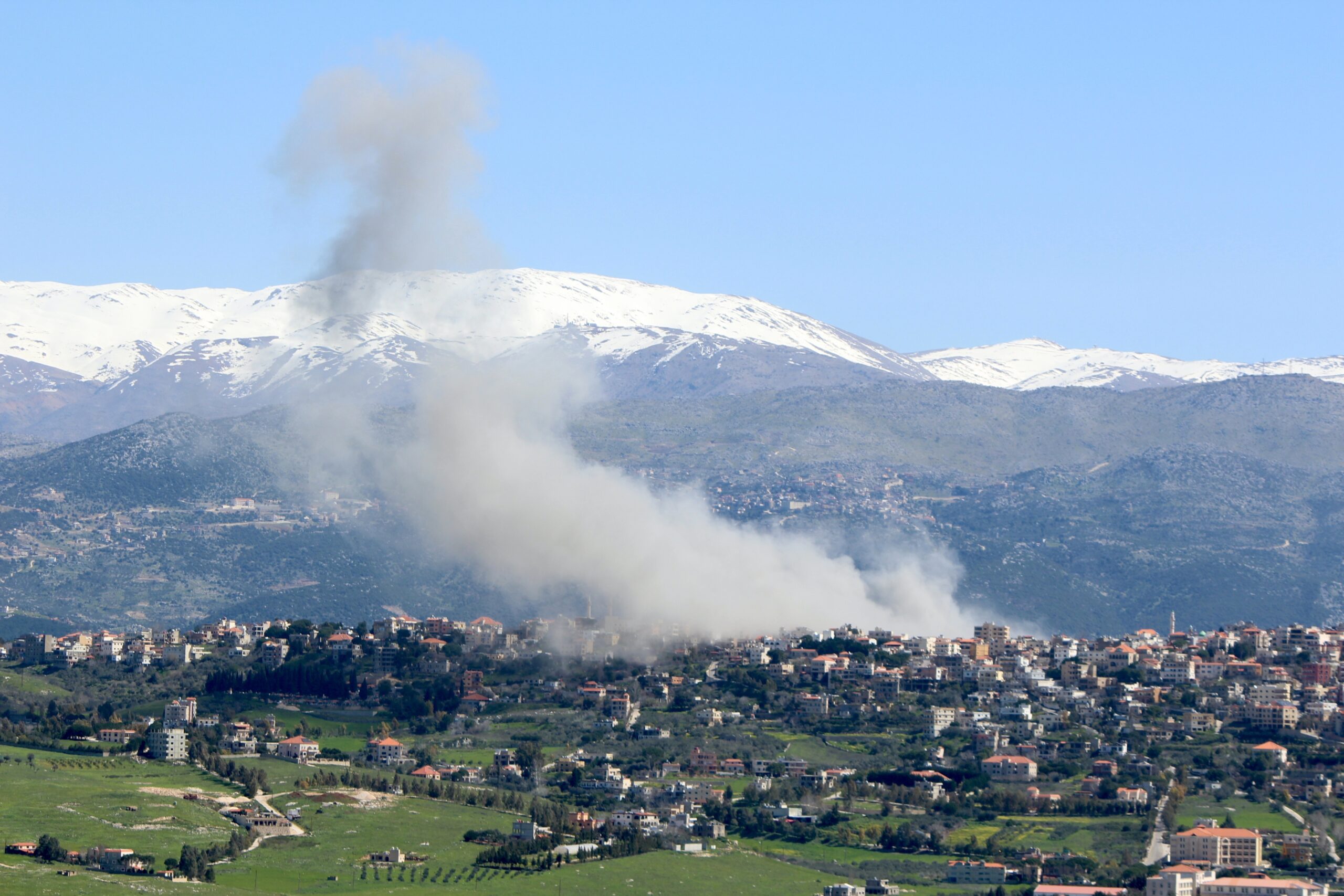September 23, 2024 was the deadliest day in Lebanon in years with 300 simultaneous airstrikes on multiple locations in just one day, killing nearly 500 people and injuring at least 1,500. With rescue efforts underway, this number is expected to increase dramatically. In addition to the increasing number of civilian casualties, thousands of families are being forced to flee their homes.
More than 100,000 people have been displaced between October 2023 and September 2024, with the number of displaced expected to have significantly increased following the Israeli-issued mass displacement orders to residents in southern Lebanon and Bekaa.
“The situation is very tense here in Lebanon. All the roads leading to Beirut from the south and the Beqaa Valley are now flooded with people attempting to flee the bombardment, leaving everything behind. Schools and other places that can serve as shelters for displaced populations are being identified. People have been living in fear for weeks, at a time when the country is already experiencing a massive economic crisis, and still reeling from the Beirut Port explosion four years ago. Civilians are paying the highest price, and women and girls are disproportionately affected. The people of Lebanon need help to cope with this new crisis, and quickly,” explained Michael Adams, country director of CARE in Lebanon.
Almost half the population (44%) was already below the poverty line in 2024, many suffering from food insecurity. Hospitals were operating with only basic necessities even before this crisis and do not have the resources to cope with a large-scale crisis.
Since October 2023, CARE International in Lebanon has been distributing food baskets and ready-to-eat meals to displaced families with the support of eight strategic partners, including local civil society and UN agencies. CARE Lebanon is looking to scale up its response to continue providing food and water, as well as non-food items such as pillows, mattresses, and blankets to displaced women, men, and children. CARE will also continue to work alongside Lebanese women-led and women’s rights organizations to protect those fleeing from the increased risk of violence and sexual exploitation and abuse. This includes distributing much-needed hygiene kits for those who have left their homes with nothing.
We call on all parties to the conflict to immediately deescalate the situation and agree to an immediate cessation of hostilities. International Humanitarian Law must prevail. Parties need to abide by their obligations to protect civilians and civilian infrastructure. “It is shocking to witness once again in this region the total disregard for international law,” said Hazem Fahmy, MENA regional director of CARE.
All parties must immediately end hostilities and must facilitate safe, unhindered access to humanitarian assistance for those in need. “Humanitarian agencies like CARE and our partners cannot reach people under bombing. Humanitarians must also be protected,” added Michael Adams.
ENDS
Notes to editors
For media enquiries contact Briony FitzGerald on 0404 117 927
About CARE
Founded in 1945, CARE is a leading global development and humanitarian organization. CARE has been working in Lebanon for almost 20 years implementing humanitarian and development projects, with partners, in various sectors including food security and livelihoods, increasing social equality and the empowerment of women and girls, and protection, while ensuring linkages with peacebuilding.
About CARE Australia
CARE Australia supports women around the globe to save lives, defeat poverty and achieve social justice. We work in partnership with local communities to provide equal opportunities for women that they have long been denied: the ability to earn an income, gain access to their fair share of resources, to lead and participate in decisions that affect their lives, and to be able to withstand the increasing impacts of climate disasters and other crises. www.care.org.au

